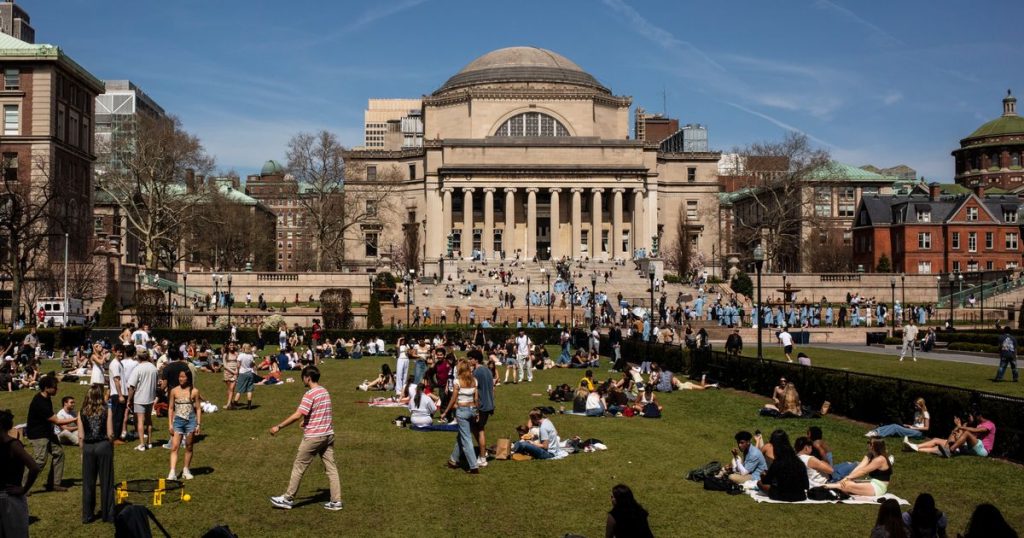Columbia University’s president, Nemat Shafik, is set to testify before the House Education and Workforce Committee regarding questions of antisemitism and the school’s response to conflicts on campus over the Israel-Hamas war. Shafik had declined to testify at a previous hearing due to scheduling conflicts, which featured the presidents of Harvard University, the University of Pennsylvania, and the Massachusetts Institute of Technology. The responses from these university leaders drew backlash and controversy, leading to the resignations of the presidents of Penn and Harvard.
During the December hearing, Rep. Elise Stefanik asked the university presidents whether “calling for the genocide of Jews” would violate their respective universities’ code of conduct. The responses from the presidents, including Liz Magill of Penn and Claudine Gay of Harvard, were criticized for being vague and lawyerly. Magill resigned shortly after the hearing, while Gay stepped down in January following accusations of plagiarism. MIT president Sally Kornbluth stated that she had not heard such speech on MIT’s campus and emphasized the importance of protecting individuals against harassment.
Shafik, who is set to testify along with Columbia University board members, has emphasized the need to balance free speech with a safe environment for students on campus. She emphasized in an op-ed that calling for the genocide of any people, whether Israelis, Palestinians, Jews, Muslims, or others, has no place in a university community and is harmful. The university, like many others, has faced tensions and accusations of hate and bias following the Israel-Hamas conflict.
Since the Hamas attack on Israel in October, tensions have been high on university campuses, with Jewish students feeling that their schools are not adequately addressing instances of antisemitism. At the same time, students supporting Palestinian rights claim that they have been unfairly targeted and censored by campus administrations. Columbia, along with other colleges, is under investigation by the Department of Education for antisemitism and Islamophobia, and is facing lawsuits from both pro-Palestinian and Jewish student groups.
Columbia University’s appearance before the House committee comes after a series of contentious hearings that led to the resignations of two Ivy League presidents. Shafik and the university board members will need to address concerns about antisemitism and conflicts on campus related to the Israel-Hamas war. The university has been caught in the middle of a larger debate about free speech, campus safety, and the protection of individual rights. The outcome of this hearing could have lasting implications for Columbia and its approach to addressing sensitive issues on campus.


